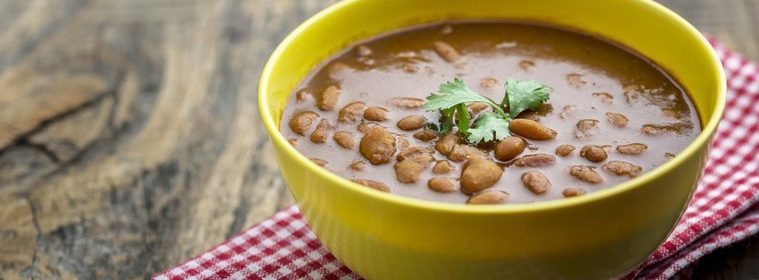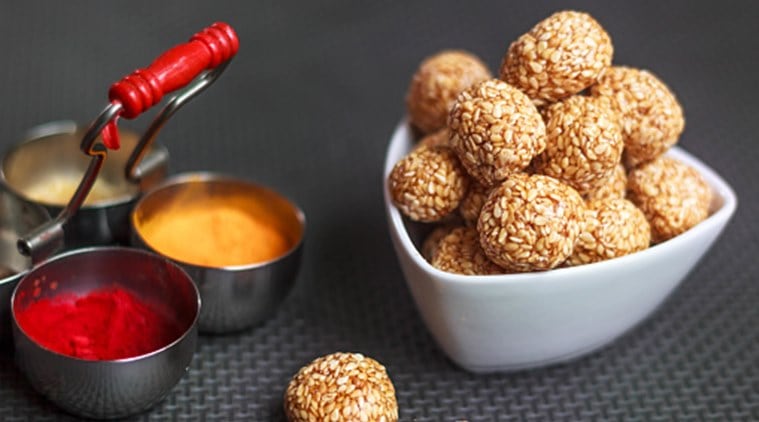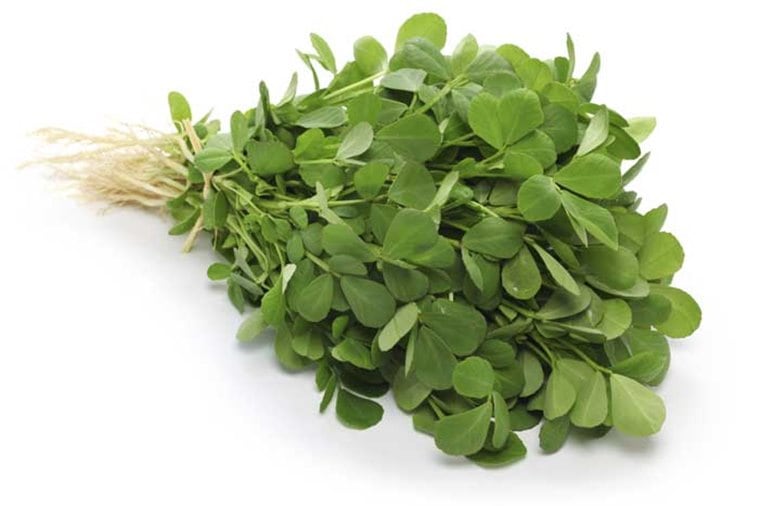Five vegan sources of calcium you must know about

It is advisable to consume calcium-rich foods as opposed to opting for supplements to meet the body's calcium needs.
Veganism is on the rise; while for some it’s about their love for animals or pure intolerance, for others it may be about simply following a trend. But once you turn vegan, you are often left wondering if you are at the risk of deficiencies, especially that of calcium. Calcium is the mineral which is required not only to build strong bones but also for maintaining blood pressure, reducing pre-menstrual stress, protecting heart muscles and transporting nutrients from one part of body to another.
But don’t worry as we have you covered. These foods help you maintain the body’s calcium levels.
Sesame seeds:
Consuming only about 50g of sesame seeds is enough to meet the body’s calcium requirement for the day. One of the richest sources of calcium, they are popularly known as the ‘Queen of Oilseeds’ due to the high degree of resistance to oxidation and rancidity.
“The anti-oxidants present in sesame seeds have anti-aging properties and they defend against ROS (Reactive Oxygen Species) produced by the UV lights. Seasame seeds are also rich in fibre and good fats that help in managing the body’s cholesterol level. Rich in nutrients such as magnesium, zinc, manganese in combination with calcium makes them an excellent choice for bone health,” says Dr Lovneet Batra, clinical nutritionist, Fortis La Femme.
There are many ways you can incorporate sesame seeds in your diet such as sprinkling them on salads or making sesame nut ladoos or even consuming a spoonful with coconut water.
ALSO READ: If you are a vegetarian, opt for these protein-rich foods to build muscle
Ragi:
This staple food grain is loaded with calcium, and is extremely beneficial for children to get strong muscles, bones and teeth. Consuming 100g of ragi will meet 60 per cent of the body’s calcium needs. It is also helpful to lower blood glucose levels and increase insulin sensitivity — making it extremely beneficial for diabetics. A good source of iron, it helps boost the hemoglobin levels fighting anemia and fatigue, and can also help in maintaining glowing youthful skin.
You can enjoy ragi in various forms like Ragi Roti or Khichdi.
Fenugreek Leaves:
Fenugreek is considered as a medicinal plant which can provide a good amount of calcium to the body. It helps lower the excess cholesterol and sugar levels in the blood. It is also a potent home remedy for reducing phlegm production, helping to clear congestion and cough, and is also a powerful antioxidant that can boost immunity. A power food for women, fenugreek helps manage painful periods, PCOS, poor thyroid function and menopause.
Enjoy the goodness of fenugreek in Aloo-Methi Sabji or Stuffed Methi Chapatti.
Phalsa:
A delicious summer fruit, phalsa has a tangy taste and just a small cup of it can meet one fourth of your daily calcium requirement. It is beneficial in strengthening the digestive system and relieves acidity, nausea and indigestion. Phalsa juice is an excellent cooling drink that allays thirst, heat stroke and burning sensations during summers. Phalsa also helps in lowering high blood pressure and is extremely refreshing and low in glycemic index. It also helps treat dry and dull skin by purifying blood.
ALSO READ: Jackfruit, the meat alternative for vegans, is loaded with health benefits. Find out how it can help you
Rajma:
Also known as kidney beans, rajma is a rich source of calcium which is easily available in most Indian kitchens. It contains thiamine which plays a significant role in energy production and is important for healthy brain functions. It is rich in fibre that helps regulate bowel movements and promotes gut health. The healthy food is good for strengthening bones, muscles and provide energy.
What better than some Rajma Chawal to uplift the mood on a lazy Sunday.
It is advisable to consume calcium-rich foods as opposed to opting for supplements to meet the body’s calcium needs. Too much calcium through pills can put you at risk of developing kidney stones and hardening of blood vessels.
Source: Read Full Article


